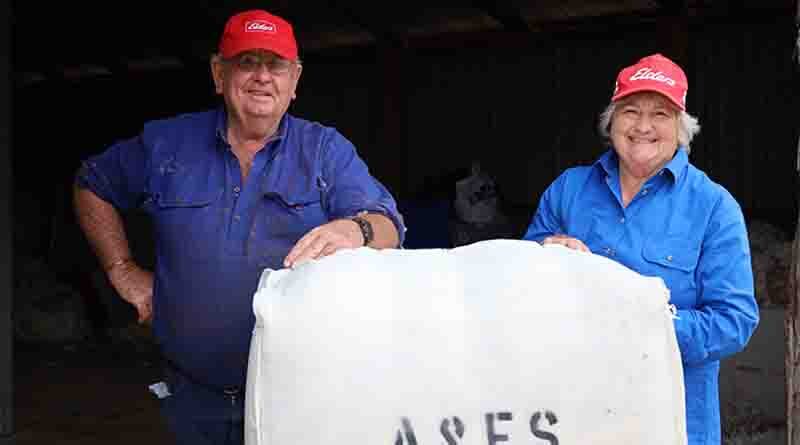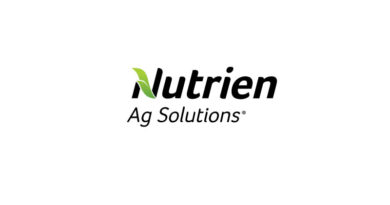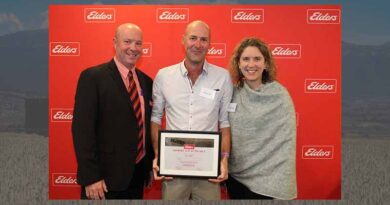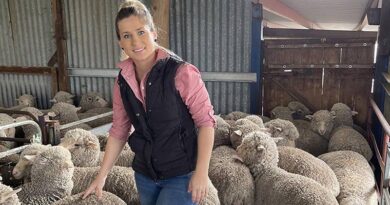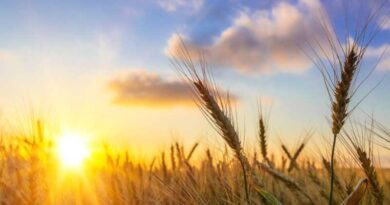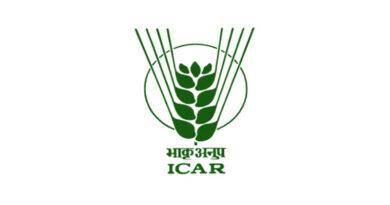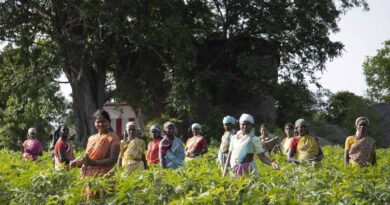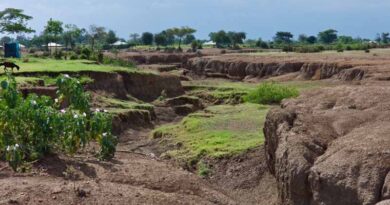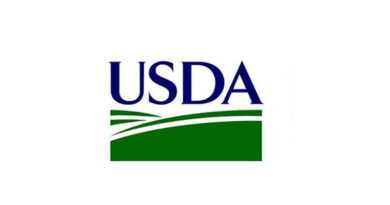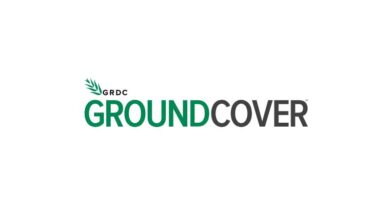Opportunities aplenty for innovative wool growers
02 November 2022, Queensland: Queensland graziers Adrian and Ellen Smith, in partnership with their sons Brett and Mitch, are strongly committed to the responsible and sustainable production of their wool.
The Smiths’ property, Tralee Grazing, is a mixed farming enterprise located about 80 kilometres northeast of St George in Queensland.
The property was first purchased by Adrian’s parents in 1943, and Adrian and Ellen took over full-time after marrying in 1979.
Tralee specialises in Merino sheep production, of which they currently run approximately 5000. The Smiths also farm about 2000 acres of cereal crops and oats, but as Adrian explained, are increasingly turning to oats due to the nutritional benefits for sheep.
A big focus at Tralee is sustainability, prioritising responsible land management and soil health practices and excellent animal health procedures, including not mulesing any of their sheep.
As a result, Tralee has been able to achieve SustainaWOOL Gold, Authentico and Responsible Wool Standard (RWS) certifications, with the help of the Elders wool team.
Adrian and Ellen say they are grateful for the contributions of their local Elders branch.
“Our relationship with the Elders branch in St George is a big bonus for us,” Ellen said.
“We’re very happy with Elders, they look after us well.”
To their advantage, Adrian and Ellen’s greatest advisor and helping hand comes in the form of their Elders District Wool Manager, Brett, who is also their eldest son and a partner in the Tralee business.
Brett has brought a tremendous amount of knowledge and experience to Tralee, just as he does to other farms in the region.
He explained there are many benefits that wool growers can tap into by becoming accredited through a variety of programs.
“The standards just bring everything to a higher level,” he said.
“With increasing demand for certified wool, you can access more markets and create competition on your wool clip.”
Tralee Grazing is also currently taking part in a separate industry traceability trial known as eBale, which is run by the Australian Wool Exchange (AWEX). The trial is expected to increase efficiency in information handling and logistics.
Growers who participate in the trial use RFID and QR coding technology to give each wool bale a unique number, which is then loaded to the WoolClip mobile phone app.
Adrian said that the trial has been a success so far for their business.
“The idea is that it is much more foolproof, it cuts out the problem of incorrect entries in wool books, and classer specifications,” he said.
“I think it’s a much clearer way of doing things.”
Brett said there will also be benefits of this technology for the wider wool industry.
“It makes everything more streamlined, the whole process becomes much better for the grower, classer and even the exporter.”
Also Read: Best Agrolife Ltd subsidiary receives patent for ternary fungicidal effective against Late Blight and Downy Mildew
(For Latest Agriculture News & Updates, follow Krishak Jagat on Google News)

